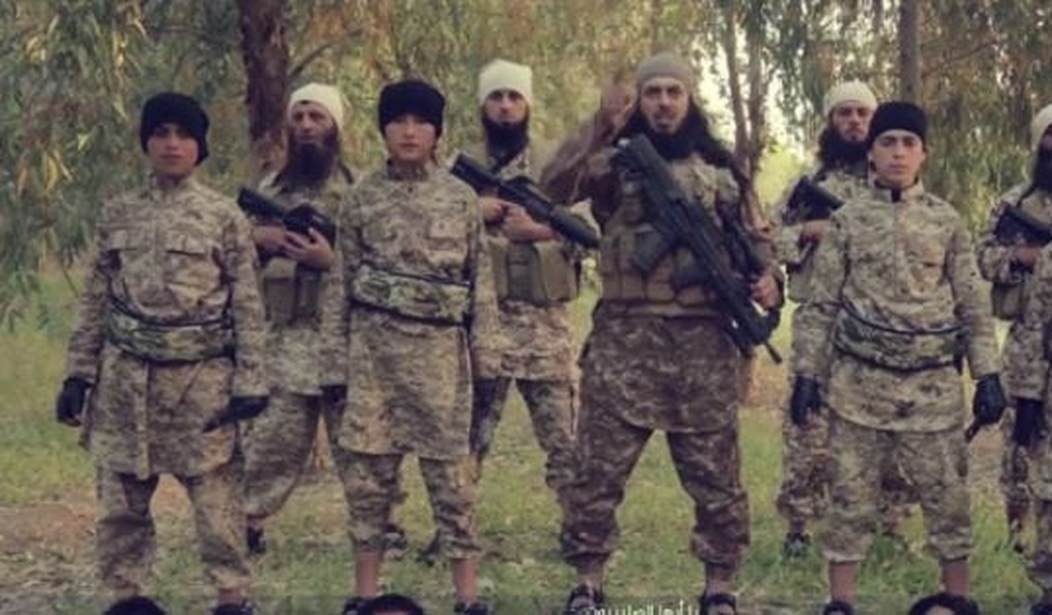WASHINGTON — The State Department’s coordinator for counterterrorism warned Wednesday after a conference with INTERPOL that “as ISIS metastasizes around the world, the threat becomes more complex” in the post-caliphate landscape.
The two-day conference brought together law enforcement officials from 90 partner countries and organizations to discuss how the movement of foreign fighters can be tracked and stopped with greater reliance on tools such as passenger data travelers give to airlines and biometric screenings at borders.
Ambassador Nathan Sales told reporters in a conference call that the purpose of the conference was “to remind our allies and partners of the need to continually take action, now in a civilian space, to take the fight and keep the pressure on the dispersed tentacles, but also the core as well.”
“As far as the relationship between ISIS core and ISIS networks and affiliates around the world, you know, we’re facing a really complex series of threats, because in addition to those regional entities, like ISIS Bangladesh or ISIS Philippines, that have a measure of autonomy in planning operations, planning attacks, we also have to continually worry about core ISIS’ ambitions to carry out attacks outside the conflict zone; you know, the external operations of the sort that we saw in Paris in November of 2015, and in Brussels in the spring of 2016,” he said.
Sales said it’s been “difficult” for countries that haven’t implemented uniform passenger name record databases “to authoritatively track the movement of persons across their borders, especially including the movement of possible foreign terrorist fighters or other terrorists.”
Per a UN Security Council resolution, all member nations have to develop and use the same PNR systems. The European Union has directed it members to have the standards operational by May.
The historical competition between ISIS and al-Qaeda for adherents and tactical advantage — along with, at times, aiding each other’s efforts — is “not a great position for the rest of the world to be in,” Sales admitted.
“We live in a world where we confront the threat of ISIS core. We live in a world where we’re increasingly seeing a dispersed ISIS network that’s capable of mounting attacks, whether independently or in coordination with each other. And to that we add a resilient al-Qaeda that has largely been out of the headlines in recent years, but that certainly has the capability and intent to conduct mass-casualty attacks of its own,” he said.
Asked about current terror dynamics in Africa — where Boko Haram allied with ISIS and suffered a subsequent schism, Al-Shabaab is allied with al-Qaeda, and various affiliates of al-Qaeda and ISIS operate in sometimes lawless regions — Sales called it “a rather fluid situation.”
“You know, there are times when you see groups in alignment and there are times when previously aligned groups split off and separate. And, you know, ISIS West Africa and its relationship or lack thereof to Boko Haram is a good example of that,” Sales said. “Previously unified groups split with the remnants aligning themselves with different international leadership.”









Join the conversation as a VIP Member